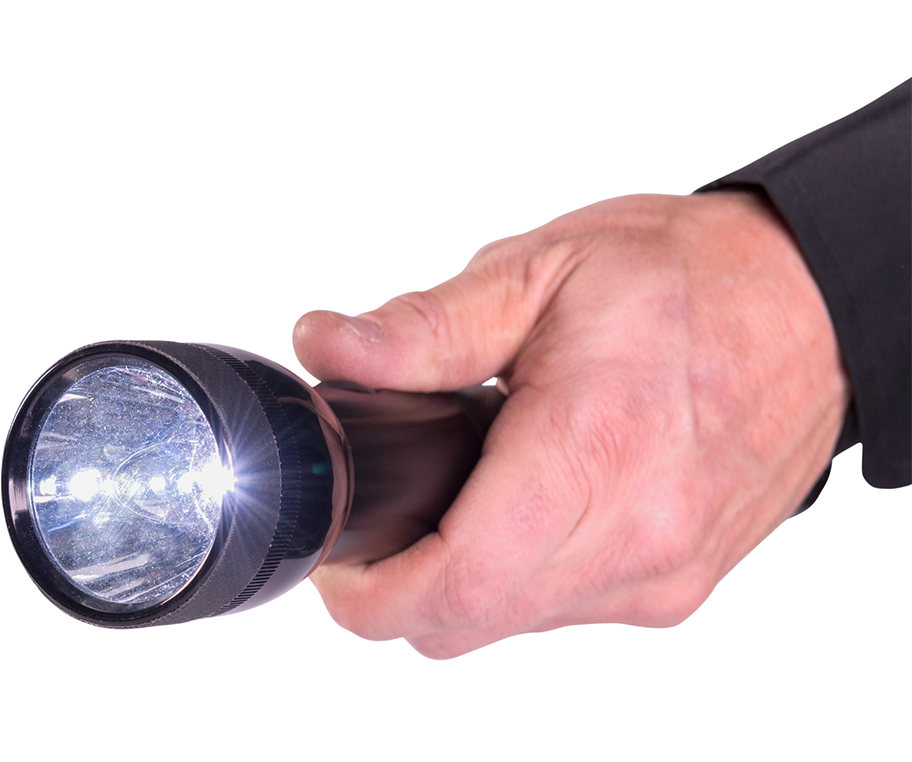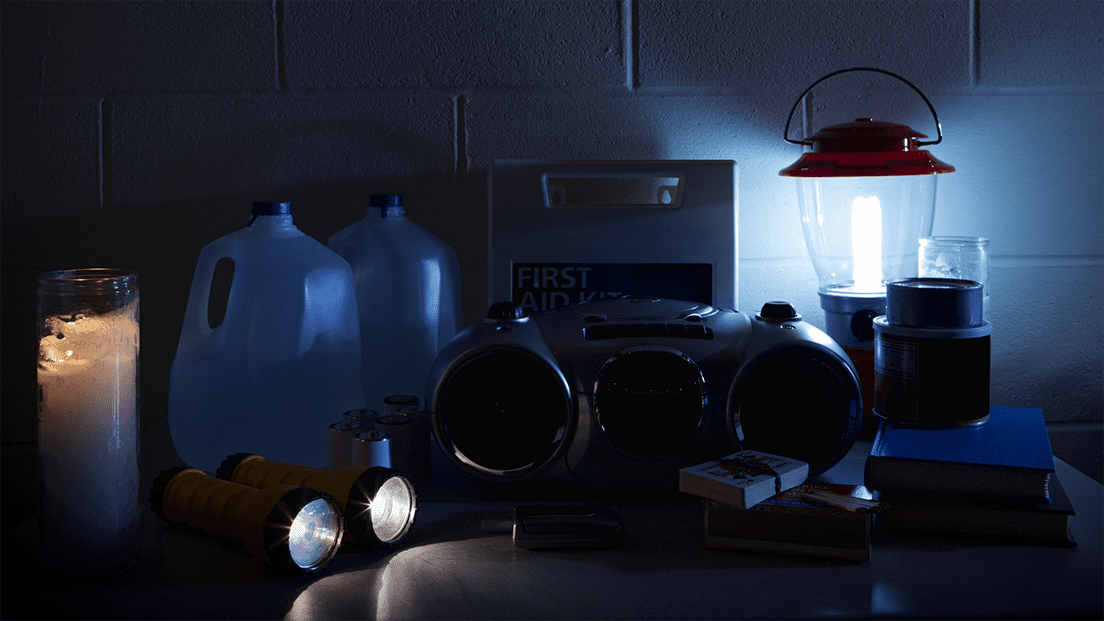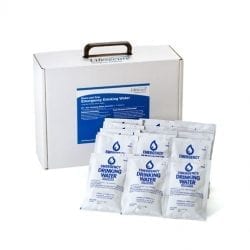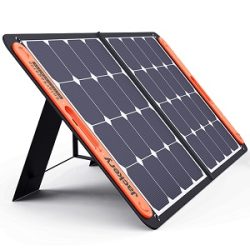With blackouts making the headlines once again due to severe weather, rolling blackouts, cyber-attacks, and other power grid issues, it is a good time to be reminded of very important blackout preparedness and safety tips.
But what happens when inclement weather, rolling blackouts, or cyber-attacks render our homes without electricity? We truly feel powerless! By taking the right steps in preparation, you can “live life secure” even during a multi-day power outage.
How to Prepare for Power Outages and Blackouts

1. Charge All of Your Devices in Advance
Make sure you have a charged cell phone in case of an emergency. Keep your devices in a bag or backpack, so they’re all together and easy to grab if you need to evacuate.
If you use medical equipment that requires electricity, have a backup plan. If possible, invest in a backup power source like a generator, or ensure you know where to go for help if needed.
2. Make Sure Your Food is Safe During a Power Outage
In a power outage, you’ll want to minimize opening and closing your fridge and freezer to preserve food.
But even with proper care, food can only last so long without power. Make sure you know what foods are safe to eat and how long.
Some food items, like meat and dairy, can spoil quickly, so using them first is essential. Other items, like canned goods and dried fruits, will last much longer without power.
Plan by making sure you have enough non-perishable food and water to last your family for at least three days.

3. Fill Your Bathtub with Water In Case the Taps Run Dry
Sanitation is critical during a power outage. If the water in your area is no longer safe to drink, you’ll need an alternate source of clean water.
Filling up your bathtub with clean water is an excellent way to ensure you have enough to last for flushing toilets, washing, bathing, and other needs.
Just be sure to cover the tub with a lid or shower curtain to keep the water clean.
4. Have a Few Gallons of Drinking Water Stored in a Cool Place
If you don’t have time to fill up your tub, you can buy a few gallons of drinking water and store them in a cool place.
Just be sure to rotate the water every six months to stay fresh.
LifeSecure sells pouches of water in case quantities with a 5-year shelf life.
5. Have a Flashlight and Plenty of Batteries

Candles might be easy to store around your home and in an emergency kit, but they’re also a major fire hazard.
Instead, get some flashlights and keep them in strategic places around your home, so you’re never scrambling in the dark looking for one.
Be sure to check the batteries regularly and replace them as needed.
And don’t forget about your car! If you have a garage, keep a flashlight in there too.
6. Ensure Your Generator is in Good Working Order with Enough Fuel to Last Several Days
If you own a generator, make sure it’s in good working order and has enough fuel to last several days.
You’ll also want to make sure you know how to operate it before the power goes out properly.
7. Invest in Solar-Powered Lights or Lanterns
Not only are they an eco-friendly option for lighting, solar-powered lights or lanterns are a great way to have light without electricity. Just be sure to “charge” them in the sunlight during the day, so they’re ready to go when the power goes out.
The LifeSecure Jackery Explorer 550 Solar Power Station is a great tool to have on hand in a power emergency. Equipped with an AC outlet, DC carport, and USB charging ports, you can keep essential gear powered and charged until the power is restored.
Preparation is the Key to Survival During a Power Outage
While we all hope the power never goes out, it’s always better to be safe than sorry. By following these simple tips, you can be prepared for anything.





